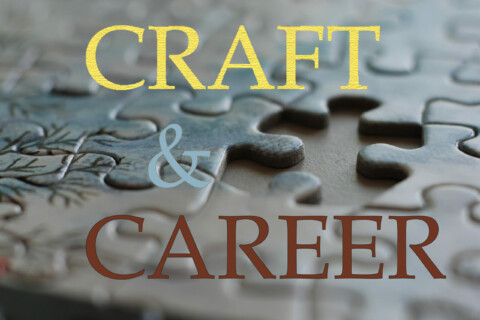There are thousands of job titles and more created every day as industries evolve. Start with a self-assessment of your interests and values and take time to explore the range of career options. Be careful not to limit yourself to only careers with which you are familiar.
Industry vs. Job Function
- Industry refers to a field, often named for its primary product/service, such as the Aerospace or Technology Industry.
- Job functions are jobs within an industry, such as an engineer or marketing expert, and are often found in all industries.
- For example, Jane is a finance manager at Google, so she is in the technology industry, but her job function is finance.
- The job function is the expertise you build and is transferable throughout your career, across industries.




